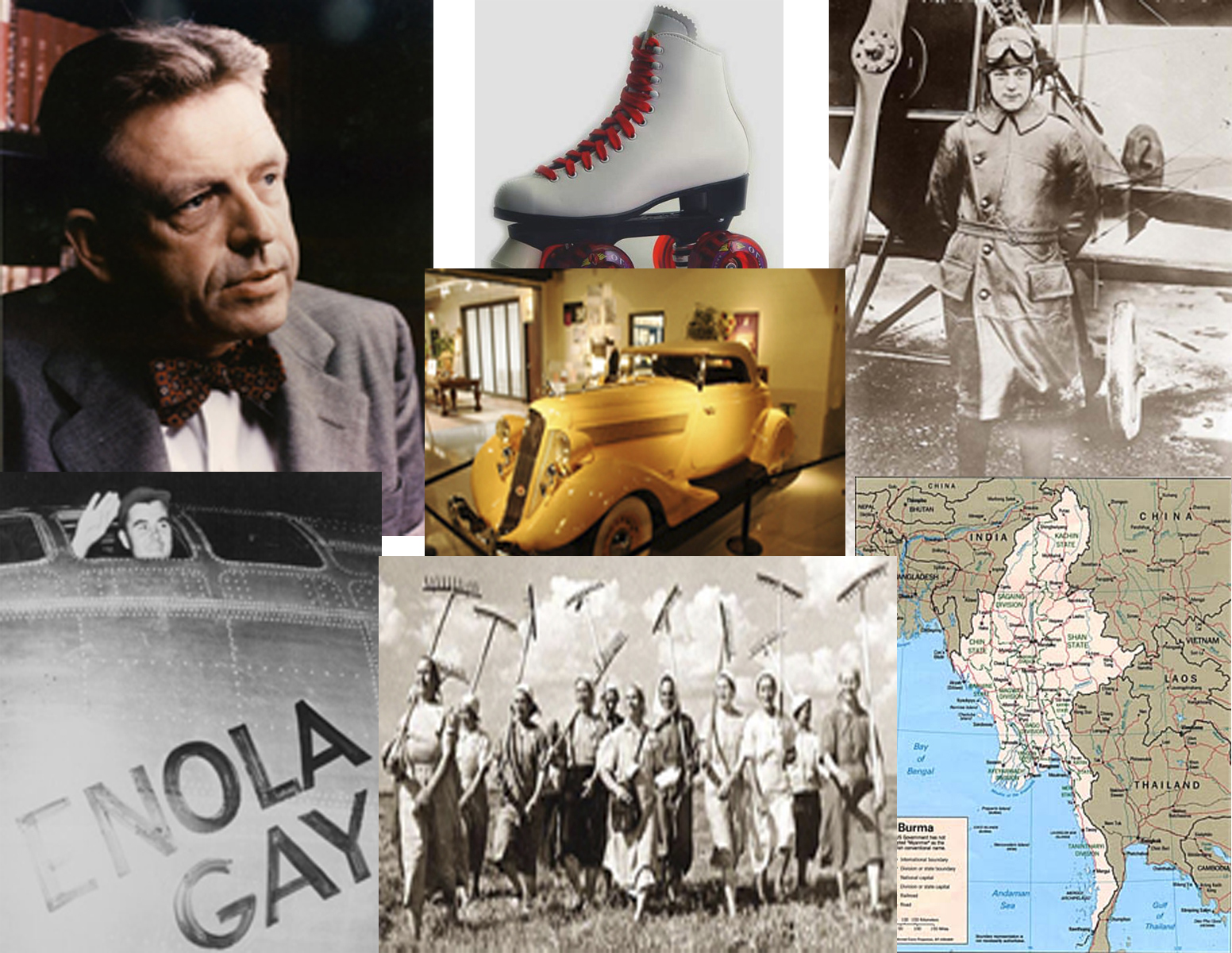1 result
1 result
1 result
1 result
1 result
1 result
1 result
1 result
1 result

